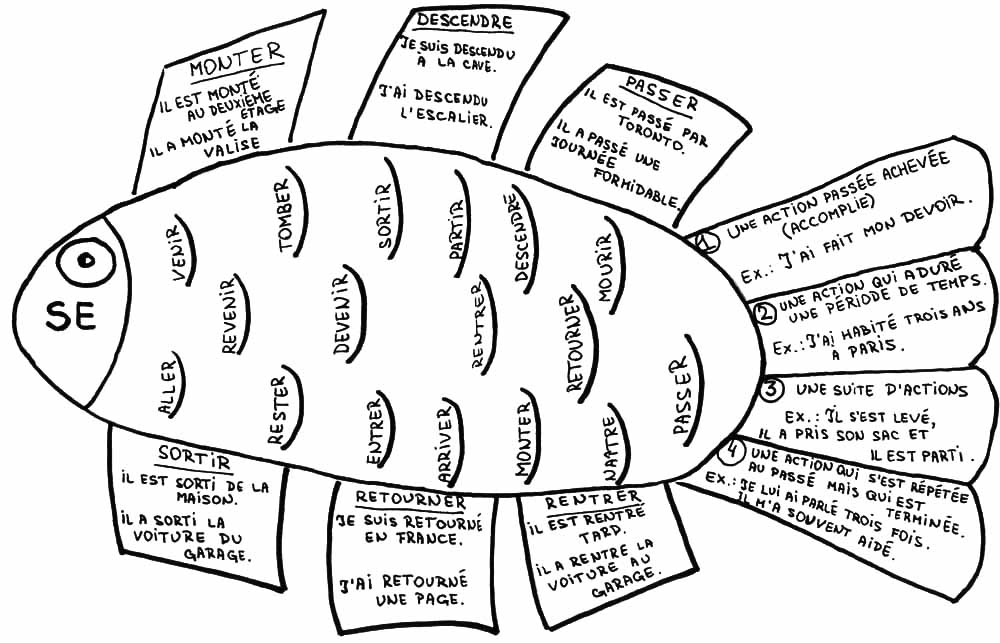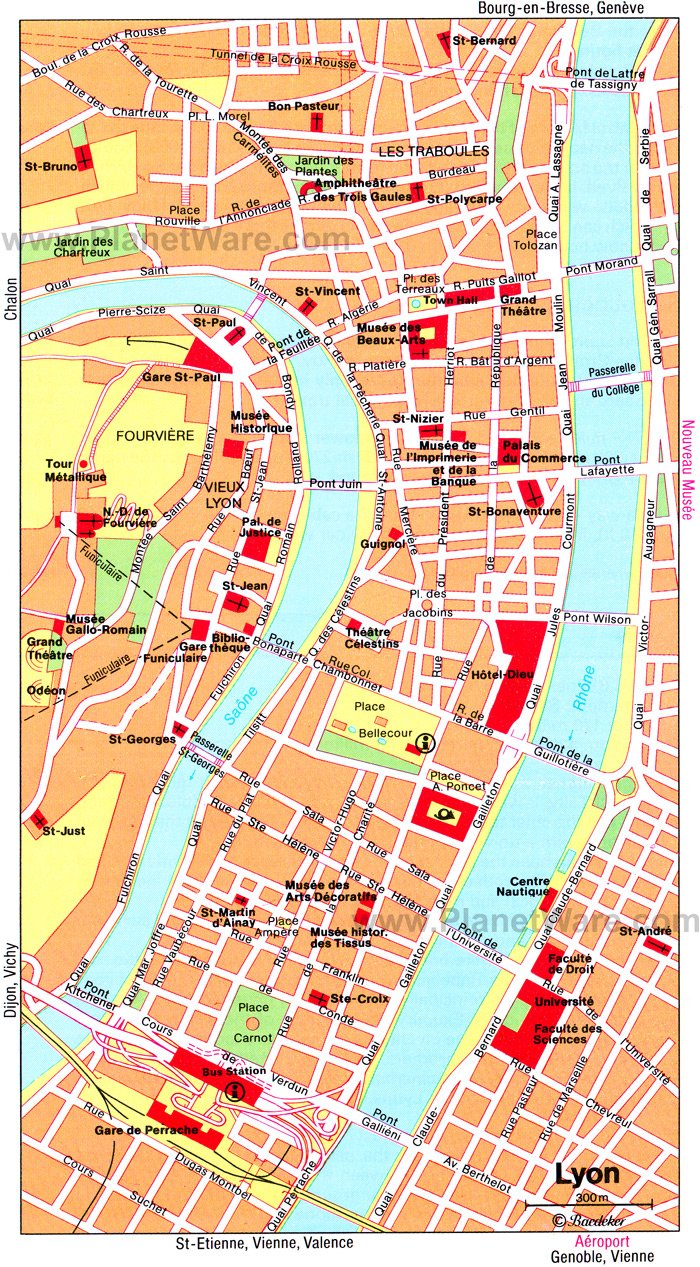| Chocolate Martini from americancocktails.com |
December is not a crazy month for me anymore. While
kids have grown up and move away, while I don’t have a job that offers a
Christmas party, and while I no longer consider month-long Christmas activities
at church relevant (no kids again)… well, it really has opened up the calendar
to other things for me. I still adore Christmas, but studying French has given
me something new with which to flavor our holiday activities.
Last night, I attended the last of 3 classes on the Fêtes de la France or the Holidays
of France at my local Alliance Française. We learned about the weird origins of Père Noël in northeastern France
(oddly, St. Nicolas was a bishop in Turkey and for some reason Greeks promoted
the idea of this saint and his good works to other parts of the continent). We
learned about the big, annual Christmas market in Strasbourg (they really love decorating
Christmas trees there). And, last night, we learned about the 13 desserts of Provence (surely there is some weight gain during the
holidays in Provence).
The 10 inches of snow that fell over our week end really put me in a holiday
mood looking out windows with snow collected on the sills.
This is the third December in which I find myself heavily
invested in the improvement of my French grammar. For the first couple of years,
I spent my December working on pesky irregular verbs and multitudinous verb
tenses. December is the best month here for this, for it’s too cold or too rainy to spend a
lot of time outdoors.
It’s so predictable in Minnesota to be confined more than desired. While I was in college, there were always mid-terms and finals on which to
focus. Sure, we had the occasional snowball fight out in the dormitory
courtyard, but that was just to blow off tensions built up by spending so much time
focused on scholarly achievements.
So now I have been “hitting the books”, studying French, in my own unique style.
I work grammar exercises in a work book for at least and hour a day. I’m not
really good at long periods of sitting so I use multitasking to plan our
upcoming Christmas in my "wiggle" time. I’ve been reading up on non-dairy chocolate martinis.
French Christmas carols play in the background. I have a hula-hoop to exhaust
my core muscles so I don’t feel like popping away from my desk every 5 minutes.
I frequently read an article in French from Le
Monde downloaded on my Kindle or translate something from France-Amérique magazine.
Multitasking is not a strategy I recommend normally. But in
December, in comes in really handy. Strangely, it helps me to focus on having a
good time for the season. Even better, December has become my traditional time to make great progress on improving my French. Now it's something to look forward to every year.
 |
| Le passé composé I love this. from fr.tsedryk.ca |

